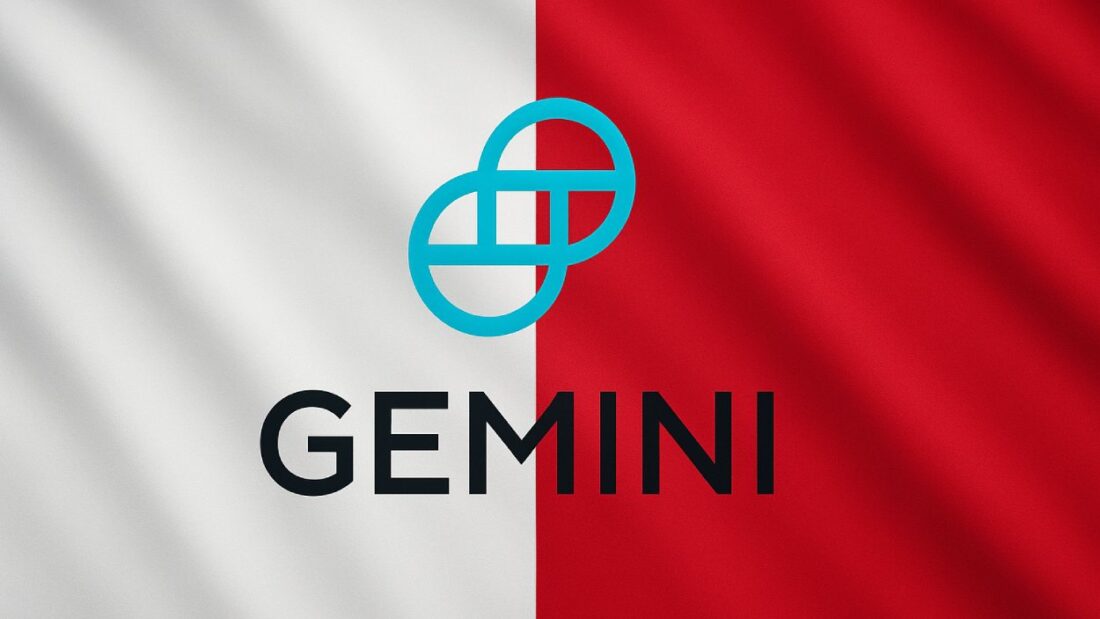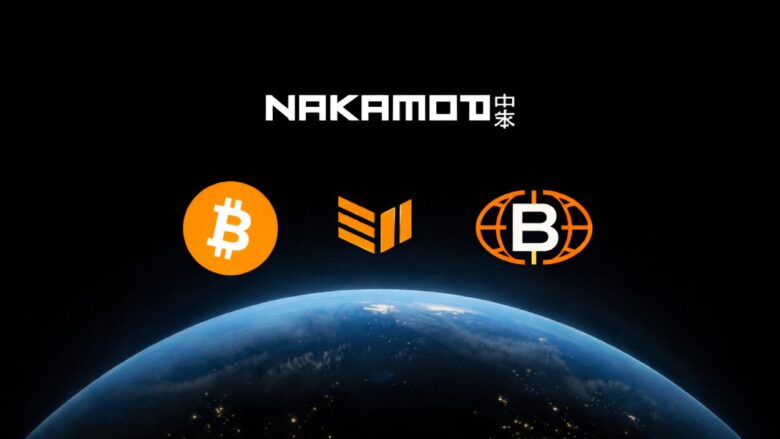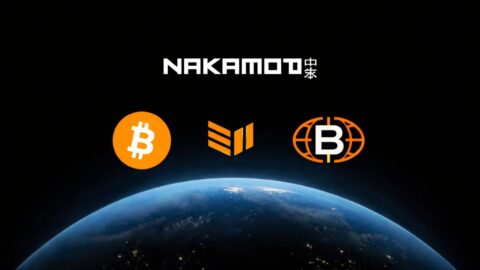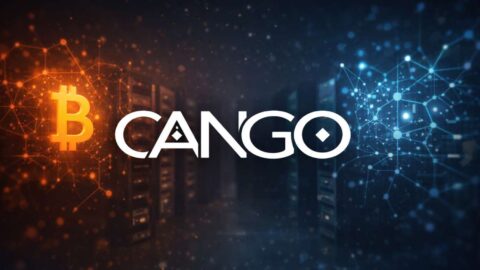Gemini’s MiCA license in Malta gives the exchange a green light to scale operations across more than 30 European countries.
Key Takeaways
- 1Gemini received a MiCA license from Malta’s MFSA, enabling expansion into 30+ EU jurisdictions.
- 2The license adds to Gemini’s existing MiFID II approval for offering derivatives.
- 3This move comes shortly after Gemini filed to go public on Nasdaq under the ticker GEMI.
- 4Malta has now granted five MiCA licenses, with Gemini joining firms like Crypto.com and OKX.
What Happened?
Gemini, the crypto exchange founded by the Winklevoss twins, has secured a Markets in Crypto-Assets (MiCA) license from the Malta Financial Services Authority. The approval allows the exchange to operate legally across more than 30 European jurisdictions. This step is seen as a major move in Gemini’s broader strategy to grow in Europe, especially as the European Union’s full MiCA regulatory framework comes into force in 2026.
💥BREAKING
— DustyBC Crypto (@TheDustyBC) August 21, 2025
GEMINI HAS SECURED A MICA LICENSE FROM MALTA’S MFSA.
THE EXCHANGE IS NOW CLEARED TO EXPAND CRYPTO SERVICES ACROSS 30 PLUS EUROPEAN COUNTRIES. 🔓🌍
REGULATORY GREEN LIGHTS LIKE THIS PUSH US CLOSER TO FULL-BLOWN GLOBAL ADOPTION. pic.twitter.com/P0LxOkhvoY
Gemini Expands With Full Regulatory Backing
Gemini’s MiCA license positions the company to offer its secure and regulated crypto products across the European continent. In an official statement, Gemini called the license a “critical milestone” for its European expansion, saying it underscores their long-standing commitment to regulatory compliance.
- The Malta Financial Services Authority has now licensed five crypto asset service providers (CASPs) under the MiCA regime.
- Gemini also obtained a MiFID II license in May, allowing it to offer crypto derivatives across Europe.
- With both licenses in hand, Gemini is among the most fully licensed exchanges operating under EU frameworks.
Gemini emphasized that clear regulation is key to building global crypto adoption. It praised MiCA as a framework that places Europe among the most forward-thinking crypto markets in the world.
Tokenized Stocks and Strategic Growth
As part of its expansion in Europe, Gemini also launched tokenized stock trading on the Arbitrum blockchain in late June. These digital shares give investors the ability to trade equities like Michael Saylor’s MicroStrategy (MSTR) 24/7, unlike traditional stock markets.
This positions Gemini in direct competition with other platforms like Kraken and Robinhood, both of which also launched blockchain-based tokenized stock offerings in the EU in June.
- Tokenized stocks fall under the MiFID II regulatory umbrella, classifying them similarly to derivatives.
- Gemini’s entry into this space underscores its strategy to combine regulated innovation with accessibility.
IPO Filing and Financial Snapshot
Gemini recently filed with the U.S. Securities and Exchange Commission to list its Class A common stock on Nasdaq under the ticker GEMI. The filing reveals that while Gemini is making major regulatory gains, the firm is also navigating financial headwinds.
- Reported a net loss of $282.5 million in H1 2025, up from $41.4 million in H1 2024.
- Revenue declined to $68.6 million from $74.3 million.
- Monthly transacting users increased slightly to 523,000.
- Trading volume dropped to $24.8 billion, while assets under custody remained steady at $18.2 billion.
Despite the financial dip, the IPO filing and MiCA approval signal that Gemini is doubling down on long-term strategic growth in regulated markets.
CoinLaw’s Takeaway
In my experience, when a crypto firm wins regulatory licenses in multiple jurisdictions, especially in tough environments like the EU, it signals serious intent. Gemini’s dual approvals under MiCA and MiFID II are not just regulatory checkboxes. They’re massive green lights for institutional partnerships and future product launches. I found the timing of the Malta license, right after the Nasdaq IPO filing, to be particularly strategic. It’s a sign Gemini wants to assure investors they’re not just another exchange. They’re planning to be the most compliant, most accessible global platform. Sure, the $282 million loss raises eyebrows, but that’s not unusual for tech and crypto firms prepping for IPOs. What matters is momentum and trust: and Gemini seems to be stacking both.


































































